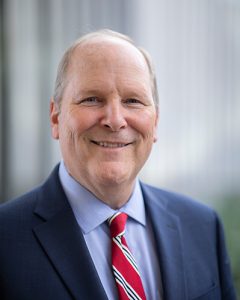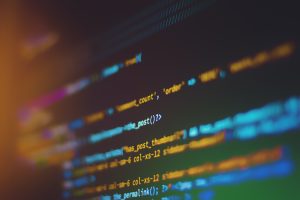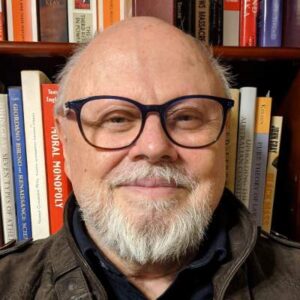¿Qué debe contener una constitución en materia de libertad religiosa?
 Gary Doxey es Director Asociado del Centro Internacional de Estudios de Derecho y Religión de la Universidad Brigham Young.
Gary Doxey es Director Asociado del Centro Internacional de Estudios de Derecho y Religión de la Universidad Brigham Young.
En ocasión de este Primer Foro Anual de Derecho y Religión del Cono Sur, quisiera abordar la pregunta: ¿Qué debe contener una constitución en materia de Libertad Religiosa? Es oportuno estudiar esta cuestión ya que la República de Chile actualmente está redactando una nueva constitución.
Debo recalcar que hablo desde una perspectiva internacional. No soy chileno, aunque Chile es un país que me resulta muy querido. Respeto profundamente la responsabilidad que tienen los chilenos, empezando por los honorables convencionales, de elegir las disposiciones de su constitución. Como extranjero me limito a ofrecer mis observaciones en calidad de estudiante de la materia, con la esperanza de que puedan ser de provecho.

 This blog series explores some threats that digital technologies can create to freedom of religion or belief and other human rights. It starts with
This blog series explores some threats that digital technologies can create to freedom of religion or belief and other human rights. It starts with 